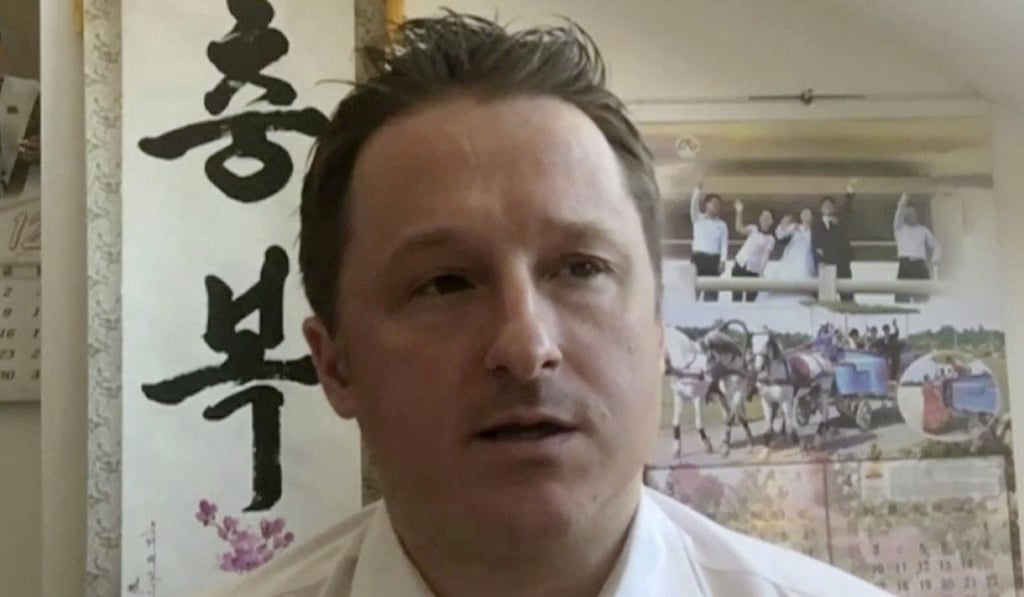China’s arrest of Kovrig, Spavor sends chill through US academics
- “My guess is the Chinese have a list of people from different countries and if they have a problem with one country they just arrest the people on that list”
- That’s the view of sinologist Bonnie Glaser, as told to a Singapore seminar

Beijing’s detention of two Canadians – including the political analyst Michael Kovrig – has sent a “chill” through American researchers studying China, even if think tanks are not yet cautioning them against visiting the country.
That was the assessment of prominent US-based sinologist Bonnie Glaser on Thursday when asked in Singapore about whether the arrests in December were affecting China-focused academics. “There is a lot of concern in Washington … about Michael Kovrig being detained because my work, the work of so many others, is just the same,” Glaser said at a seminar at the Lion City’s ISEAS-Yusof Ishak Institute.
“The actual detaining of Kovrig sent a chill, really, throughout the community of experts,” said the researcher, who serves as the director of the China Power Project at Washington’s Centre for Strategic and International Studies.
Kovrig, a Canadian ex-diplomat, was in Beijing for work associated with his role as adviser to the International Crisis Group think tank when he was detained on December 10 for “endangering state security”. Today marks 30 days since the arrest.

Beijing has rejected such suggestions, saying the two men “without a doubt” violated China’s laws.